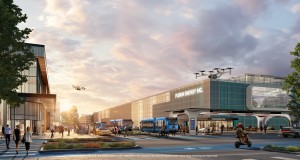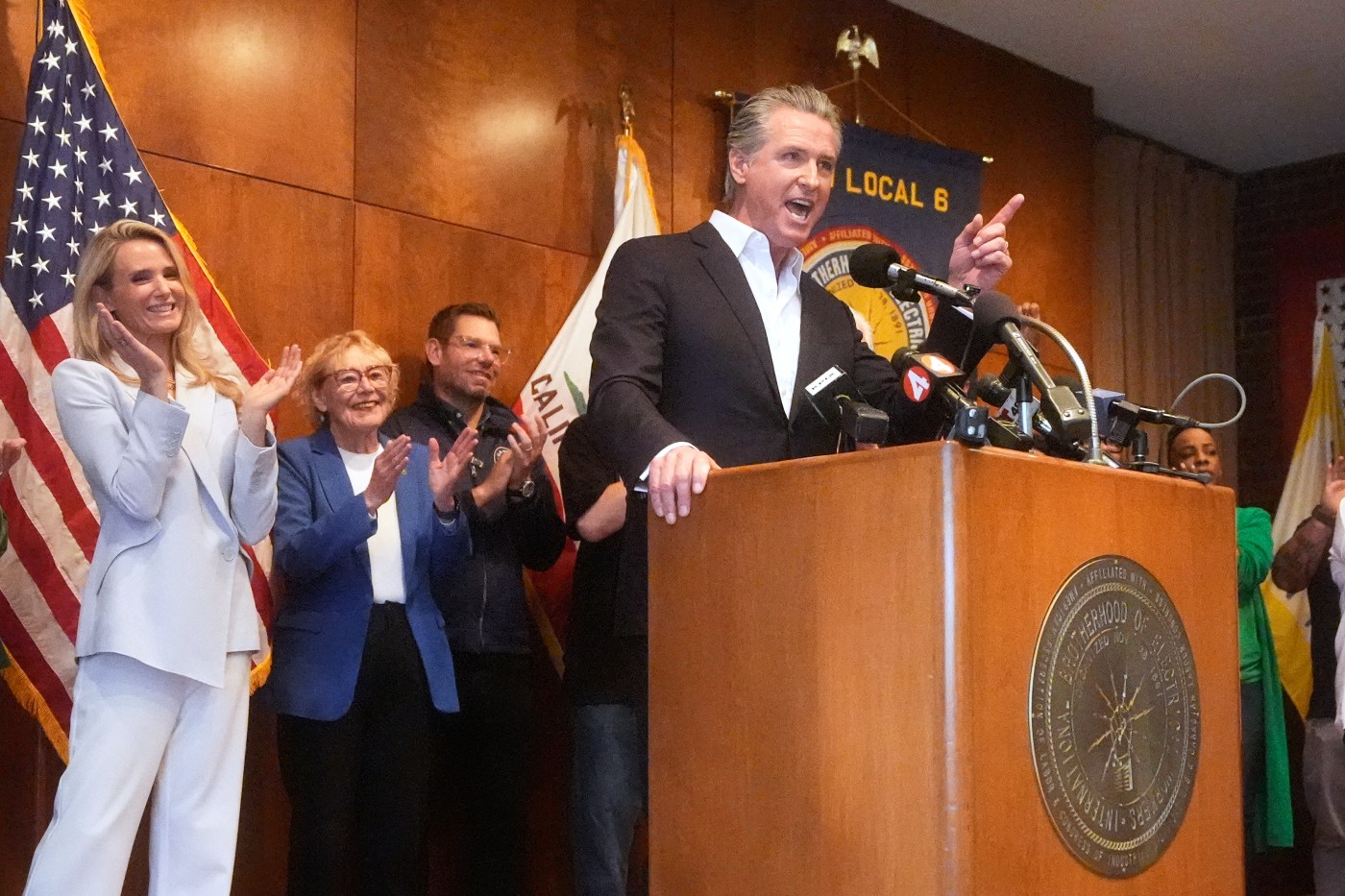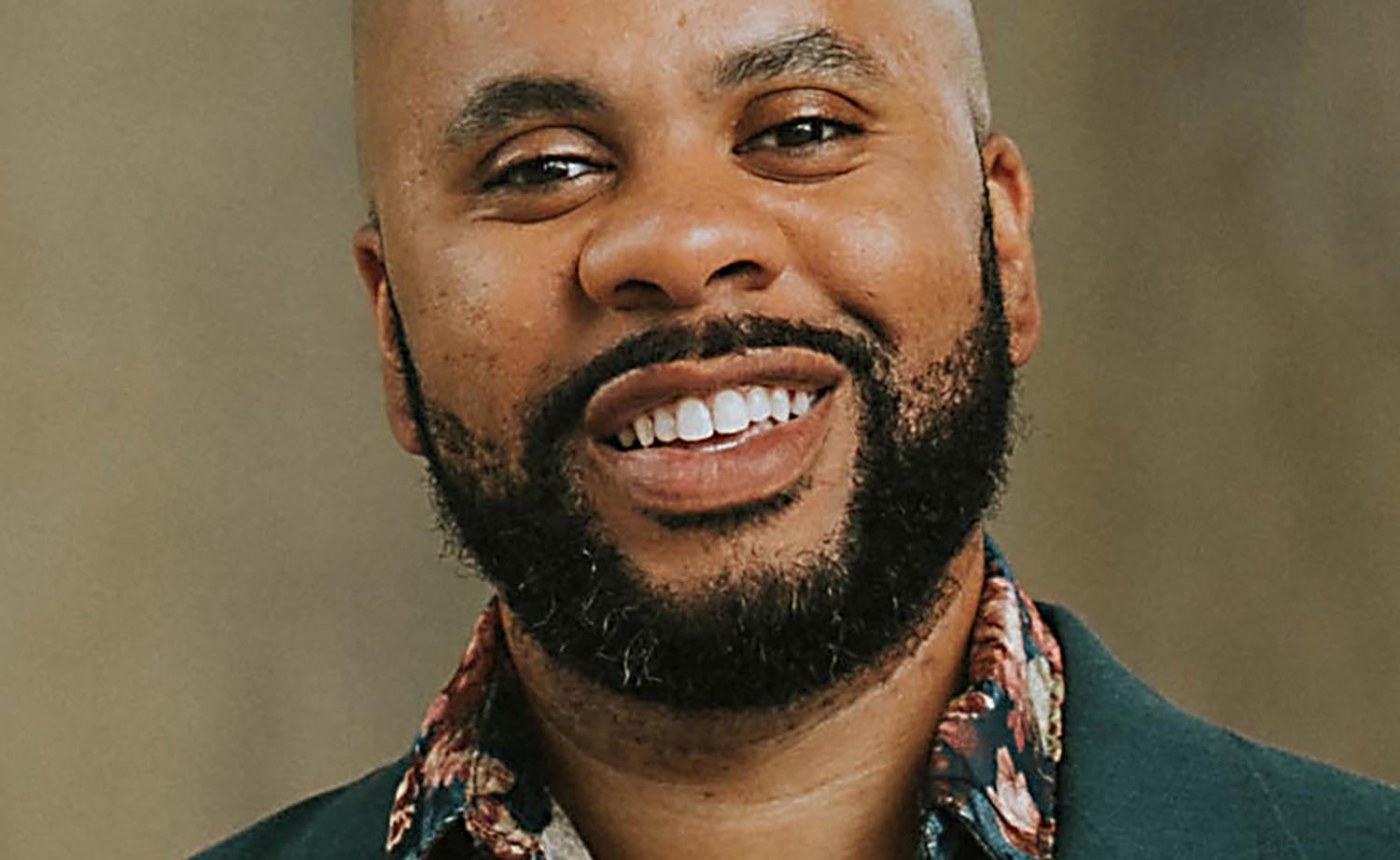In 2020, the rapper Akon secured 136 acres of land to build his own eponymous city on the site of the coastal village of Mbodiène, not far from where he grew up in Senegal.
Akon envisioned Akon City as a real-life Wakanda, the Afrofuturist utopia from the film Black Panther. But his extensive plans — 100 percent solar power, Africa’s most advanced hospital, a high-tech university, an economy running on Akon’s personal cryptocurrency — omitted one crucial detail: how Akon City would be governed.
Akon’s failure to plan for governance stalled funding and construction, and created questions he could never answer. Last month, the Senegalese government confirmed the project no longer exists.
Related Articles
Letters: Only advocates of spending would bury bills’ costs
Maps: New California congressional districts, proposed by House Democrats
What is redistricting? Your questions about maps, California’s feud with Texas and more, answered
What’s at stake as more Democrats coalesce around Gov. Newsom’s redistricting proposal for House seats
DOJ seeks voter and election information from California and 18 other states, AP finds
Akon’s combination of ambition and disinterest in governance is remarkably common.
With the world seeming stuck, more celebrities, oligarchs and governments are seeking to create futuristic, paradigm-shifting new cities. From Borneo’s cliffs to the Arabian deserts, visionary metropoli are being proposed to advance new aesthetics, pioneer technologies, or surpass existing standards of energy efficiency.
No new ideas
But for all their awesome grandeur, these proposals offer no new ideas — and often no details at all — about city governance.
Why this void? Some urban creators are authoritarians, who believe they can dictate to their future cities’ residents. Others see governance questions as difficult and divisive — and best avoided in service of completing projects.
But the bigger problem is ignorance. In failing to include governance in their future visions, the world’s rulers demonstrate a planetwide lack of imagination in local democracy and government.
This fundamental failure to think about governance is perhaps most evident in California Forever, a proposed city on the Bay Area’s outskirts backed by venture capitalists who pride themselves on world-changing ideas — including LinkedIn’s Reid Hoffman, Netscape co-founder Marc Andreessen and Emerson Collective’s Laurene Powell Jobs.
Jan Sramek, founder-CEO of California Forever, promised a 21st-century city (population 400,000) to embody the California Dream — and prove that great things can still be built there. His plans include North America’s largest advanced manufacturing site, job centers integrated with housing, and the most sustainable neighborhoods possible.
What Sramek has yet to offer is any clear idea on how this city would be governed. At first, California Forever unsuccessfully sought voter approval for an unincorporated community. More recently, the project is looking at combining with existing cities.
It’s a similar trajectory to Bill Gates’ cutting-edge tech city of Belmont, proposed for Arizona in 2017, and stalled since. Gates’ plans are heavy on tech innovations and light on any governance plans that go beyond the billionaire’s personal beliefs. (Belmont also never found a reliable source of water.)
To be fair, California Forever, at least, is operating in the mostly democratic realm of local government. Other technology visionaries reject democratic governance as they pursue their own utopias.
Bypassing democracy
Consider Peter Thiel — a Trump supporter who declared, “I no longer believe that freedom and democracy are compatible” — and provided the seed funding for the Seasteading Institute, which supports the building of cities that float in international waters, beyond democratic accountability, like the corporate island-state of Próspera.
One Próspera investors was San Francisco venture capital firm Pronomos, which invests in “prosperous cities that grow to empower entire nations.” Pronomos’ most high-profile project, the network state Praxis, has registered more than 2,200 citizens but no territorial home. Its plans declare a commitment to “vitality” and opposition to “mediocrity,” but say little of governance.
To be fair, it isn’t just tech bros who foreswear democratic governments for their dream cities. National governments have shown the same distaste.
Indonesia’s increasingly autocratic national government has decided that the country’s new capital, now under construction on the east coast of Borneo, will have no local government at all.
China’s government is developing future cities — notably, Chengdu Future Science and Technology City — to demonstrate new ways of living, but don’t include any new methods of governance. Mexico and Malaysia have proposed new “forest cities” to demonstrate a more ecological future, but the plans skip the governance details.
Forever only dreams
Saudi Arabia has said not a word about the governance structure of “The Line,” a planned city in the northwest region of NEOM. Renderings of “The Line” are mesmerizing — two skyscrapers that stretch 100 miles across the desert, with space to house 9 million people — but they do not include any sign of local autonomy.
Not all visions of future cities exclude governance.
Plans for the former Wal-Mart executive Marc Lore’s city of Telosa call for transparency in all government decision-making, participatory democracy, and an economic system in which residents would share in the city’s wealth.
At smaller scales, new places have made advances in self-government. Mexico City’s award-winning “utopias” — experimental neighborhood developments in the Iztapalapa borough — are models of shared participatory governance, with authority divided among the mayor’s office and local residents.
But many visionary cities, without clear governance, will never be anything more than dreams. Indeed, in Switzerland, the packaging mogul Daniel Model will let Avalon, the libertarian town-republic he declared within the rural village of Müllheim, remain imaginary.
Akon’s city in Senegal is not a total fiction. But the rap star managed to build only a welcome center and a basketball court, which is why the Senegalese government reclaimed most of Akon city’s land. On a small remaining patch, Akon may build a resort.
Perhaps someone can hold a giant conference there, to think up the new models of city governance that elude today’s would-be urban visionaries.
Joe Mathews is columnist for Democracy Local and Zócalo Public Square.





